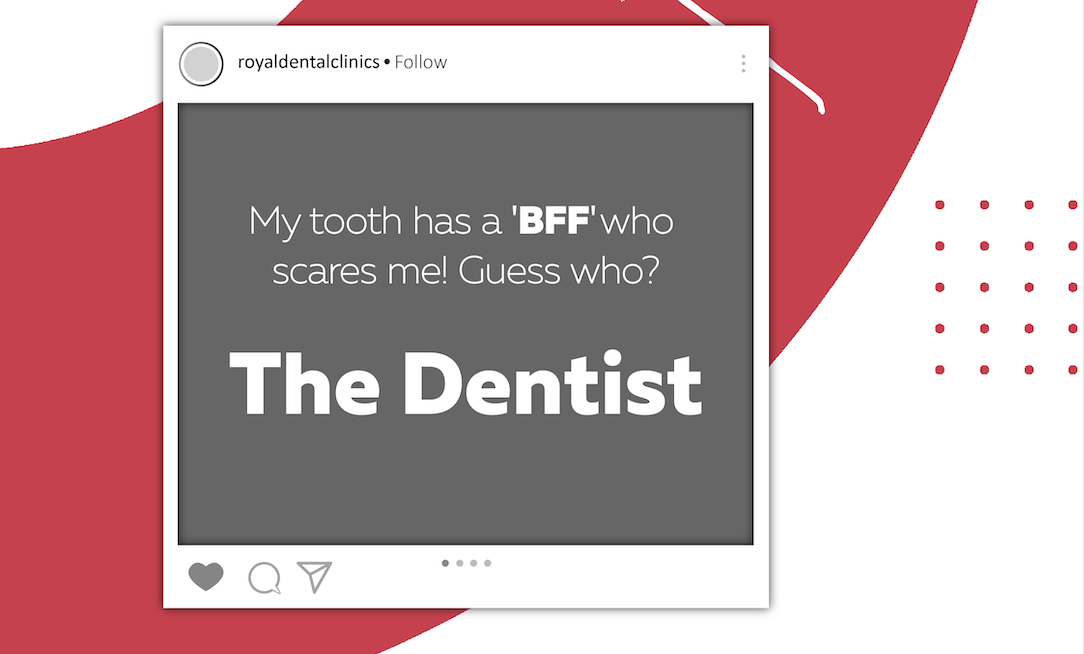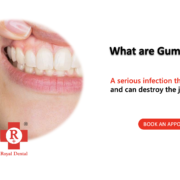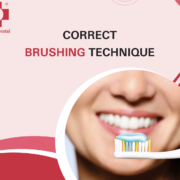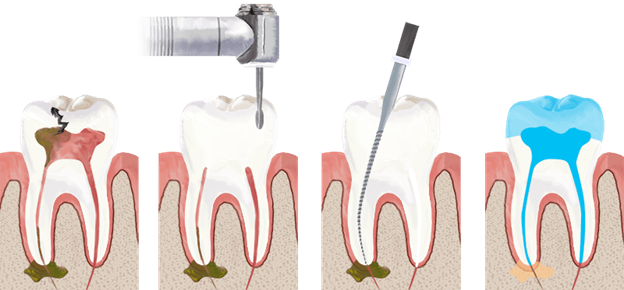For most people, the bleeding stops and they get on with their lives. But what if the bleeding doesn’t stop? What if it just keeps coming? For some people, the answer is still “get on with their lives.” For others, however, this could be a sign of something like a gingivitis. Bleeding gums disease can be left alone to heal in many cases. If your gums are red and tender, use a soft-bristled toothbrush and gently brush them once or twice a day with a fluoride-containing mouthwash for sensitive teeth.
This should help reduce inflammation significantly after about two weeks. If you have trouble controlling the bleeding and it lasts for longer than four to six weeks, consult your dentist or oral surgeon to check for any underlying condition that may have caused it such as periodontitis (gum disease) or an abscessed tooth root canal decay , or another dental problem . Here are more details about why it may not end so quickly!
Beneath the bleeding: Gum disease and tooth decay
If the bleeding persists, it is worth having a look beneath the surface to see if there is a more serious problem at play. Bacteria can enter the gums through cracks in the teeth and cause gum disease (also known as periodontal disease). Gum disease can cause tiny pockets to form around the root of the tooth, leading to a buildup of bacteria that can cause irritation and bleeding.
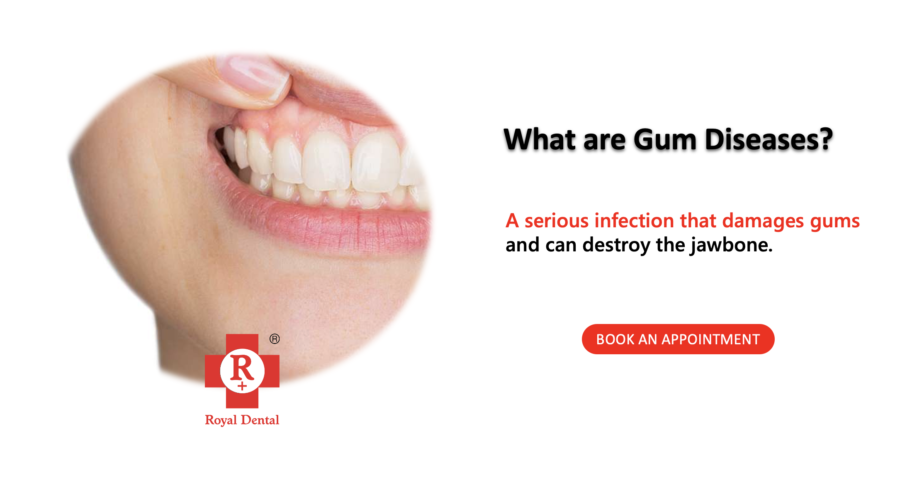
Bleeding can also be a sign of gum disease in which bacteria have created pockets around the roots of the teeth that are deep enough to reach the area below the gums. Once bacteria gets down there, they can cause a chemical reaction that causes the gums to swell and bleed.
Other reasons for bleeding gums
An injury or trauma to the mouth or gum area – A break in the skin and bleeding may occur. This can be accompanied by pain and tenderness.
A reaction to certain types of toothpaste or mouthwash – If you are allergic to a particular ingredient, it can cause a reaction in the mouth.
Periods – Women who experience heavy menstrual bleeding may also experience bleeding gums.
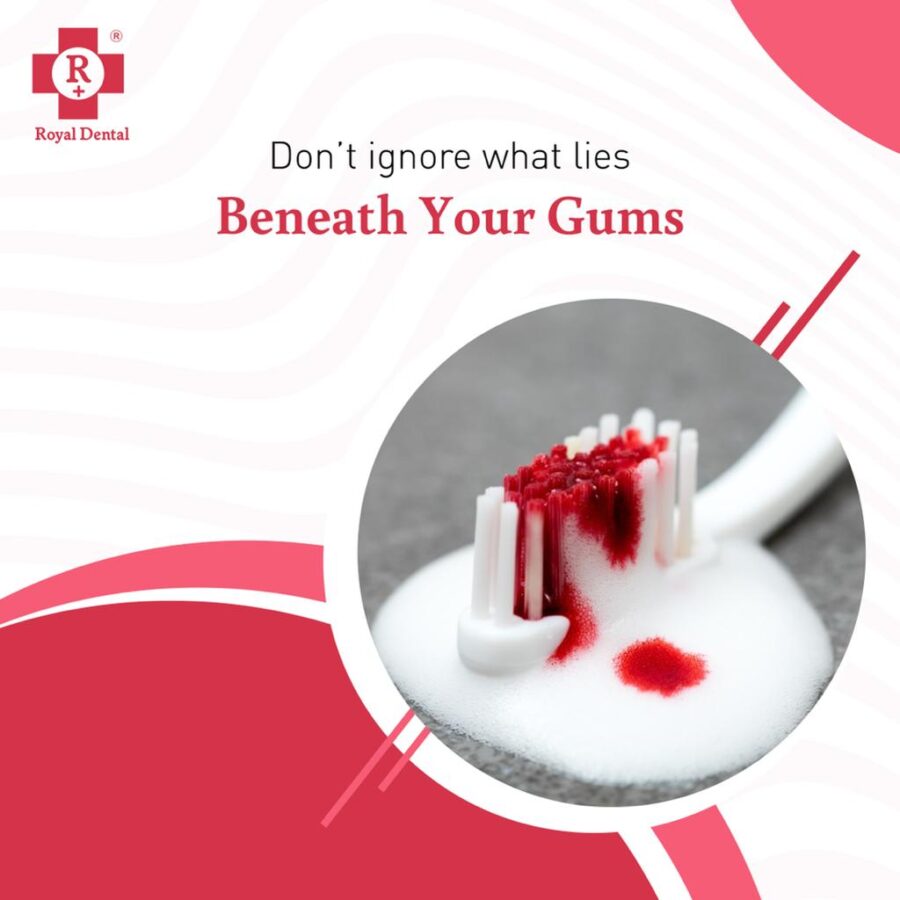
Medications – Certain medications can cause bleeding, including aspirin and ibuprofen.
Age – Older people are more prone to bleeding gums. This can be a sign of gum degeneration.
Badly fitting dentures – If your dentures fit poorly, they can cause you to bleed from the mouth.
Poor oral hygiene – If you do not clean your teeth properly, bacteria can build up and cause gum disease.
The pain doesn’t go away | Gum disease
In most cases, bleeding gums are very painful for the first few weeks and then the pain gradually fades. If the pain continues, it could be a sign of a more serious underlying problem. It’s important to go to the dentist to have it checked out so that they can rule out any serious conditions that might require treatment.

Warning signs that the pain isn’t going away include: The pain is increasing rather than decreasing, you experience pain while eating and when you’re not eating, you are experiencing sensitivity to hot or cold food/drinks/air, and you are experiencing sensitivity to brushing or flossing. If you are experiencing any of these symptoms, it’s important to visit a dentist as soon as possible.
The colour doesn’t change
The bleeding should subside once the gums are no longer inflamed. If the bleeding doesn’t stop, even after several weeks of cleaning your teeth and gums, it could be a sign of more serious problems. There are three basic types of gingivitis, with varying degrees of severity.
Bleeding from the gums is a sign of mild gingivitis, also known as acute gingivitis. Once the gums have healed, the bleeding should stop. If it doesn’t, then the gingivitis may have progressed to chronic gingivitis or periodontitis. If the bleeding persists, it’s important to talk to your dentist or doctor to rule out any underlying conditions that could be causing it.
What causes bleeding gums disease?
Bleeding gums are a common problem, often a result of poor oral hygiene. Gum tissue can become irritated, swollen and bleed easily. Bacteria in the mouth can also be a factor. Gingivitis is the first stage of gum disease when the gums are red, swollen, bleed easily and are mildly uncomfortable.
Gingivitis is often caused by not brushing your teeth often enough, not flossing often enough, or not using an oral irrigator. Once gingivitis sets in, it can progress to periodontitis, a more serious, chronic condition that may lead to tooth loss.
Conclusion
Bleeding gums can be a sign of gum disease, a side effect of certain medications, or a reaction to new toothpaste. If the bleeding isn’t going away and the gums aren’t getting any better, you should visit your dentist so they can investigate the cause. If the bleeding doesn’t stop, even after cleaning your teeth and gums, it could be a sign of a more serious problem. It is important to talk to your dentist or doctor to rule out any underlying conditions that could be causing it.

